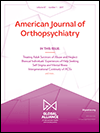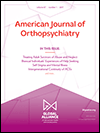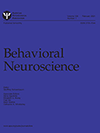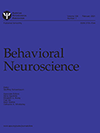
Cognitive decline may be detected using network analysis, according to Concordia researchers
April 9, 2024
Researchers use network analysis to study whether it can reveal the subtle changes associated with subjective cognitive decline that cannot otherwise be detected through standard test analyses. By running a statistical analysis of data merged from two large Canadian data sets, the researchers were a... Read More



